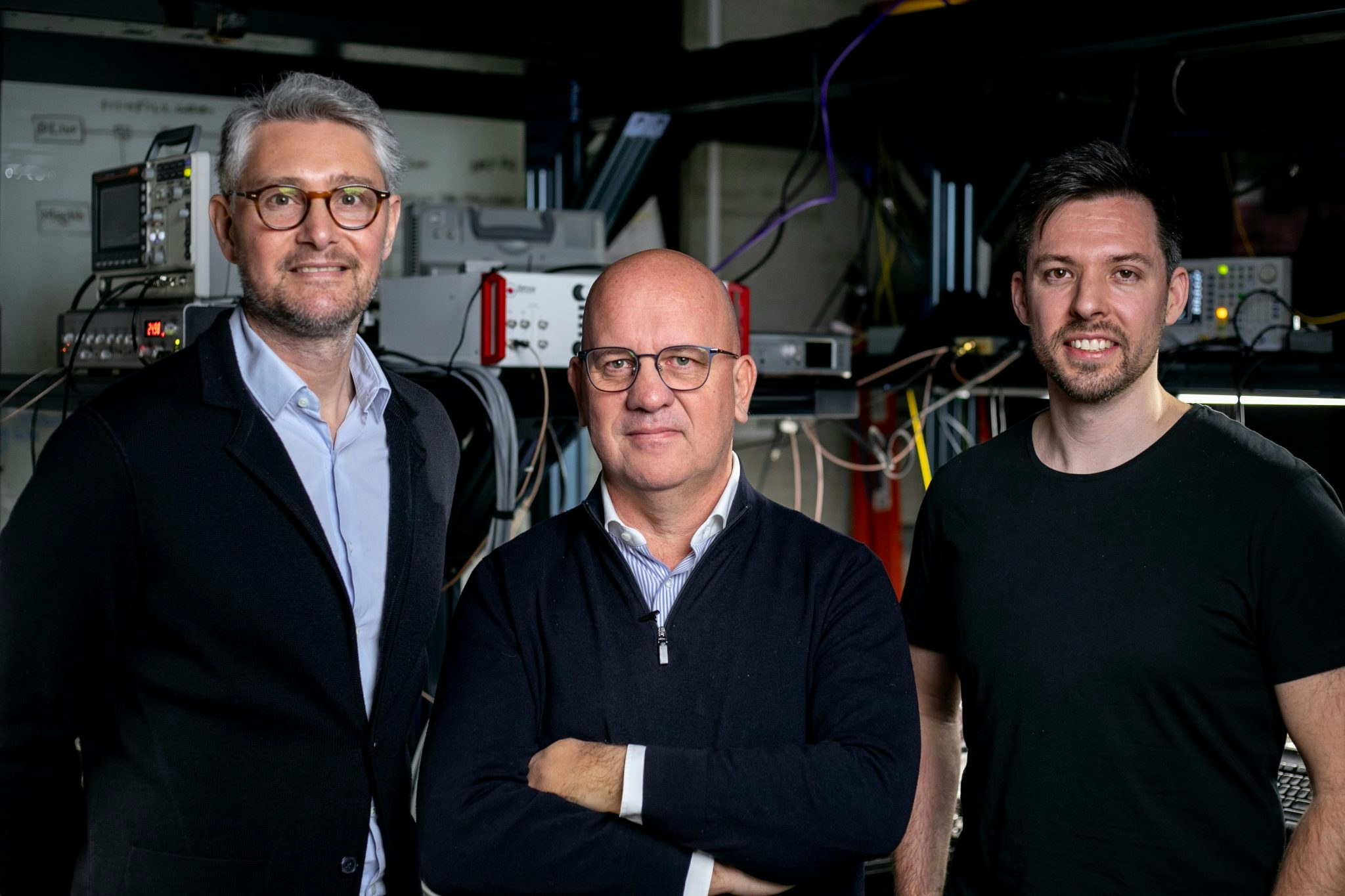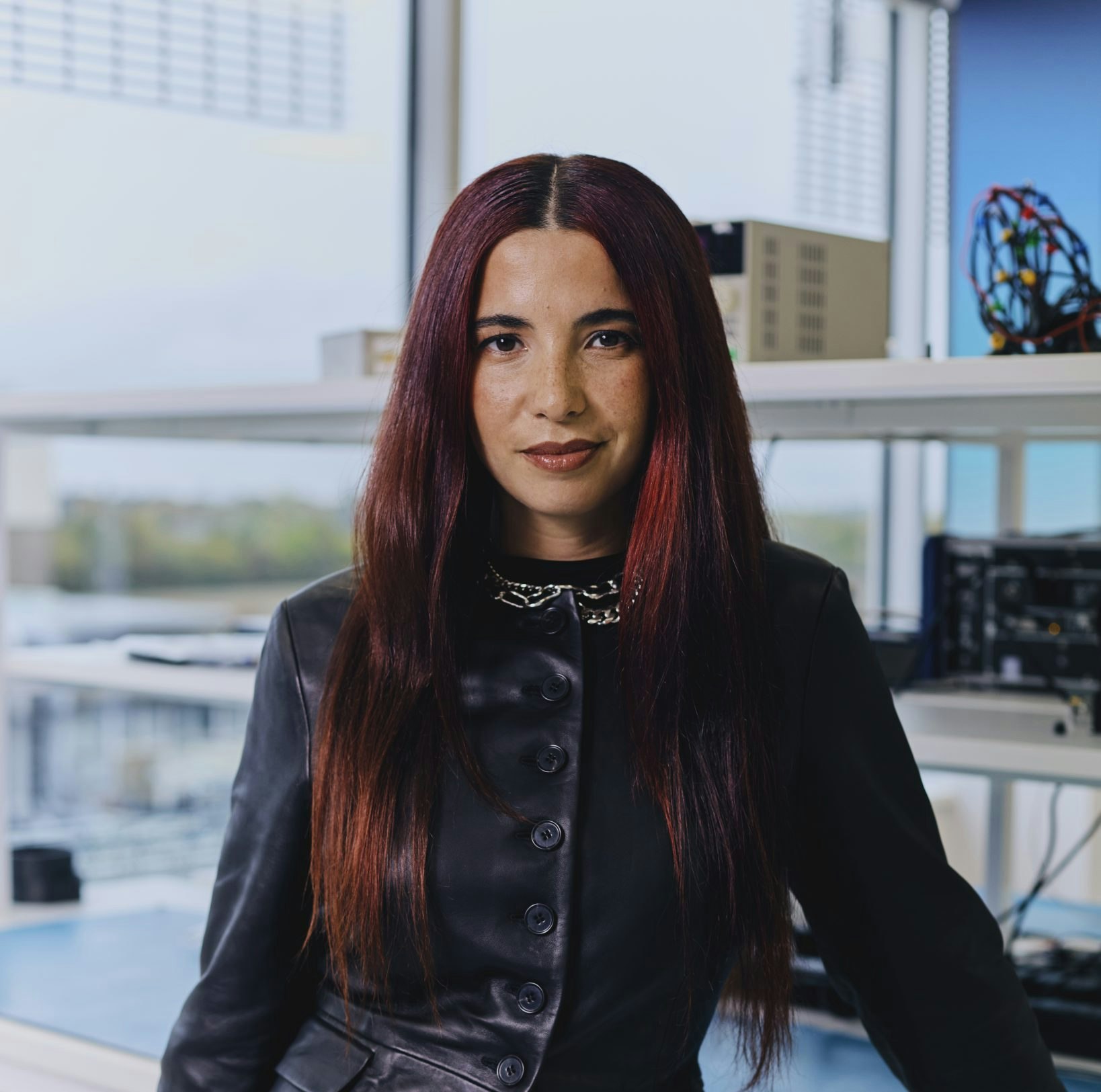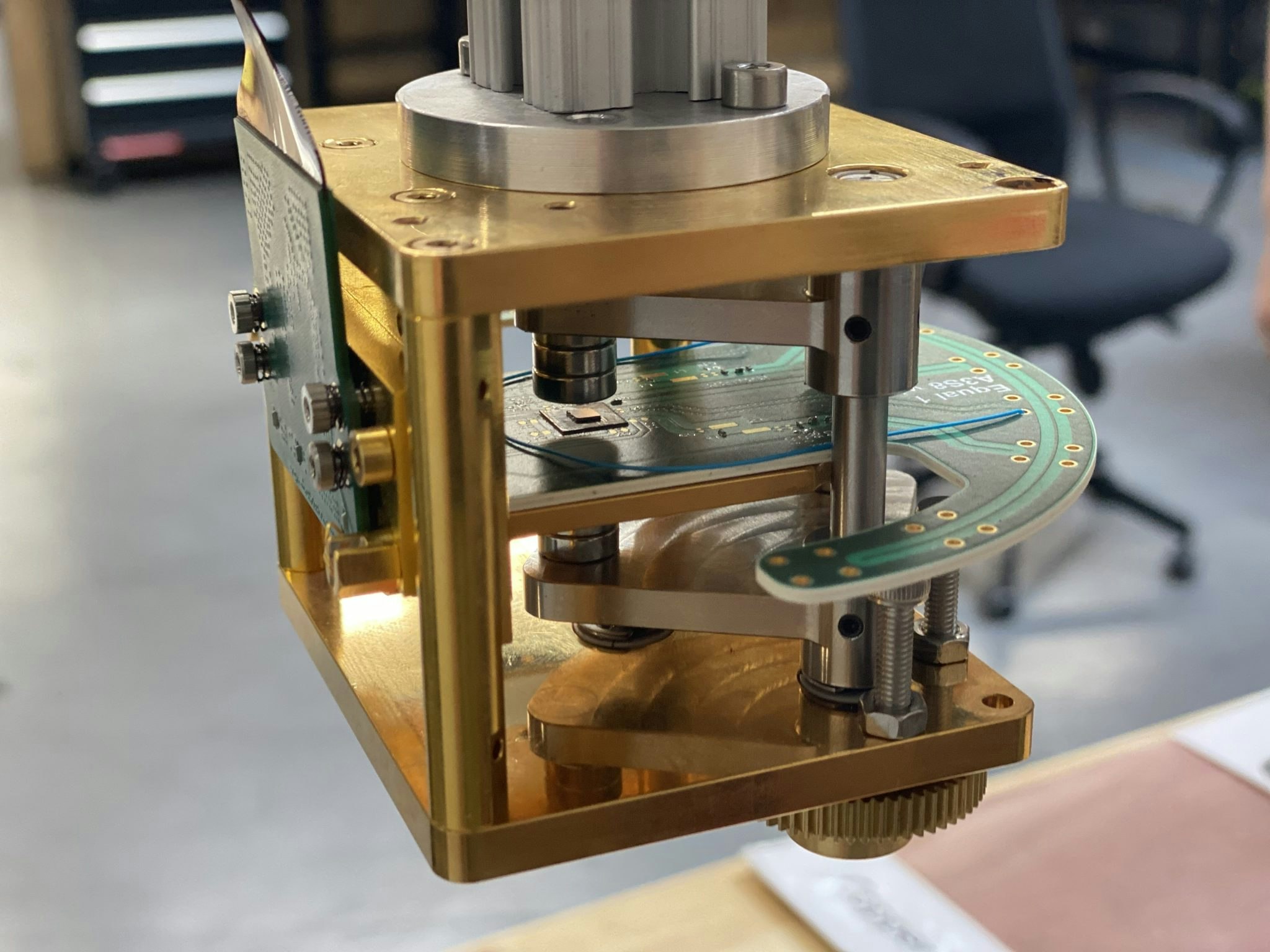Hermann Hauser, founder of British chip manufacturer ARM, is today announcing that he’s taking a board seat at Munich-based quantum computing startup planqc.
The move accompanies a “seven-figure” investment from Amadeus APEX, a new deeptech fund that’s been formed as a partnership between Vienna-based APEX Ventures and Hauser’s own firm Amadeus Capital Partners.
So, what persuaded one of the godfathers of European computing to throw his weight behind this small German startup?
A unique approach to quantum computing
Part of the reason, says Hauser, is to do with cofounder Alexander Glätzle’s quantum pedigree. Glätzle worked with award-winning quantum researcher and entrepreneur Wolfgang Lechner, and served as a senior researcher at Singapore’s Centre for Quantum Technologies.
It’s also down to planqc’s approach to building a quantum computer — which Hauser thinks could, one day, represent a more cost-effective and scalable solution than better-funded alternatives from the likes of Google and IBM.
Planqc is building a computer using “neutral atom” technology — which uses lasers to trap and stabilise single atoms so they can be used as stores of quantum information known as qubits, the quantum equivalent of a bit in classical computing.
👉 Read: The different types of quantum computer startups, explained
The cheerleaders of neutral atom quantum computers say that using single atoms allows you to scale up the number of qubits much more easily than the technique that’s had the most funding to date: superconducting quantum computers. This is partly because single atoms take up for less space than manufactured superconducting qubits.
It’s not the only — or best funded — European startup betting on this technique. Paris-based PASQAL raised €100m in January to scale up its neutral atom quantum computing tech, and is much further along the road to solving real-world problems than Planqc is.
The differences between planqc and PASQAL
But Hauser believes that planqc has a couple of key advantages over PASQAL. The first is its use of “optical lattices”, which allows the Munich-based startup to trap thousands of atoms in place with a single laser. Hauser describes the laser technology as “creating a sort of eggcrate function of photonic intensities which trap the atoms”.
PASQAL, meanwhile, is using a technique known as “optical tweezers”, which requires an individual laser beam to trap each atom.
The second is that planqc is working with the chemical element strontium to make its qubits — an element that Hauser describes as “particularly clean for the purposes of making qubits”.
He says this means planqc has a “very fundamental advantage” over other companies building atom-based quantum computers, and that the small startup could end up building a quantum computer that is more cost effective, and that takes up less space, than rival approaches.
In other words, planqc’s quantum computer won’t be first, but might end up being better than those of its rivals.
European underdogs
Glätzle tells Sifted that the money will be used to accelerate the company's hardware development and, while this raise brings planqc’s total funding to “around €6m”, the startup’s work is based on research from the Max Planck Society — an organisation which he says has directed more than €38m into building a lab-based neutral-atom quantum computer.
This still pales in comparison to the $140m and $259m that PASQAL and Finland’s IQM (Europe’s two best-funded quantum startups) have raised, respectively, and that’s before you take US competitors into account.
“Our quantum research in Europe is just as good as that of the US, but it’s the amount of money that the US was willing to spend,” says Hauser. “[Silicon Valley-based] PsiQuantum has raised more than $700m, [Maryland-based] IonQ has raised more than $400m… That does make a difference, but we must not give up. We need to persist.”



